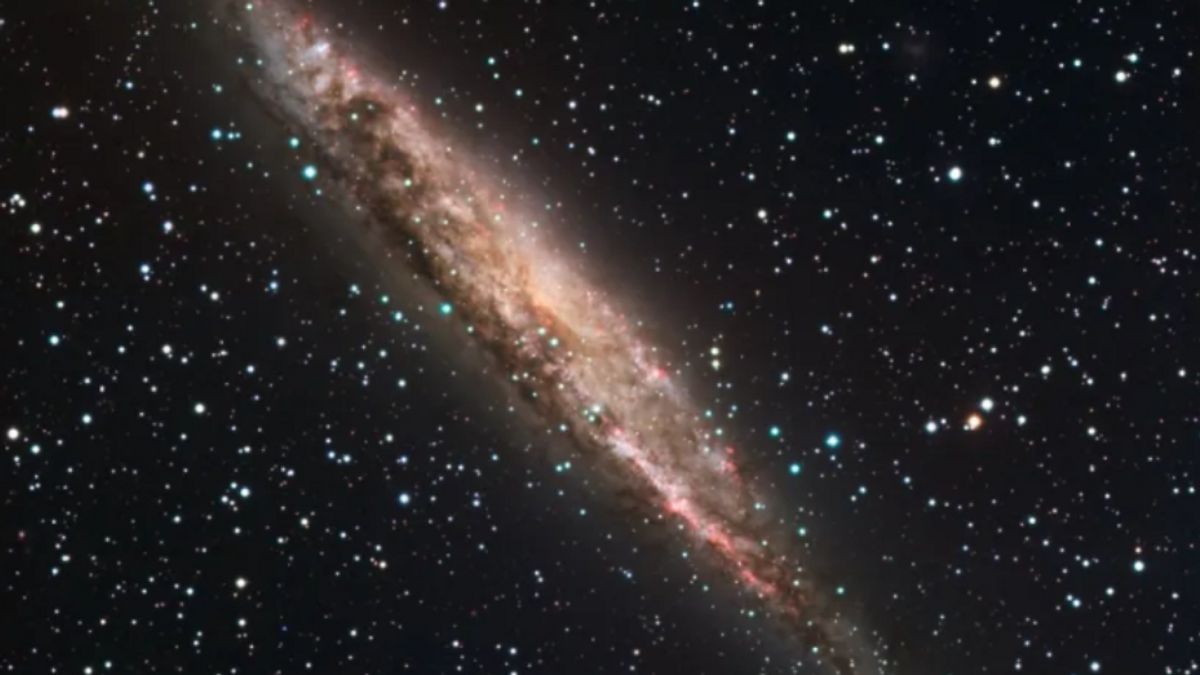
JAKARTA - The United States (NASA) Aeronautics and Space Agency found remnants of galaxy explosions near the spiral galaxy NGC 4945. This galaxy allegedly exploded about 5 million years ago.
The galaxy's fossil was first discovered by researchers at the Goddard Space Flight Center. They outline a giant cloud of cold gas around NGC 4945 using X-rays, electromagnetic waves like light.
Based on the results of the study, the cold gas cloud is the remnant of a galaxy explosion. The gas is thought to have originated from a galaxy explosion caused by a supermassive black hole eruption in its central part.
"We found supermassive black holes in the center of almost all galaxies the size of the Milky Way and the question is how much it affects compared to the effect of star-residents," said Astrophysics expert Kimberly totaling.
Initially,ungka and his colleagues observed NGC 4945 using the XMM-Newton Optical Monitor and satellites. From these observations, the researchers found iron lines that are usually in active galaxies.
BACA JUGA:
They tried to map the iron line area and the results reached 32,000 to 16,000 light-years. These findings suggest a fairly long trail of galaxy relics from the black hole eruption about 5 million years ago.
"There is a number of evidences showing the black hole plays an important role in some galaxies in determining the history of star formation and its fate," said Astrophysics expert telah Hodges-Kluck, Goddard's colleague.
Although the cause of the explosion because this black hole is still uncertain, they believe that black holes are indeed related to the explosion. They will continue to observe the remnant of the galaxy to find the cause of the explosion.
The English, Chinese, Japanese, Arabic, and French versions are automatically generated by the AI. So there may still be inaccuracies in translating, please always see Indonesian as our main language. (system supported by DigitalSiber.id)

















